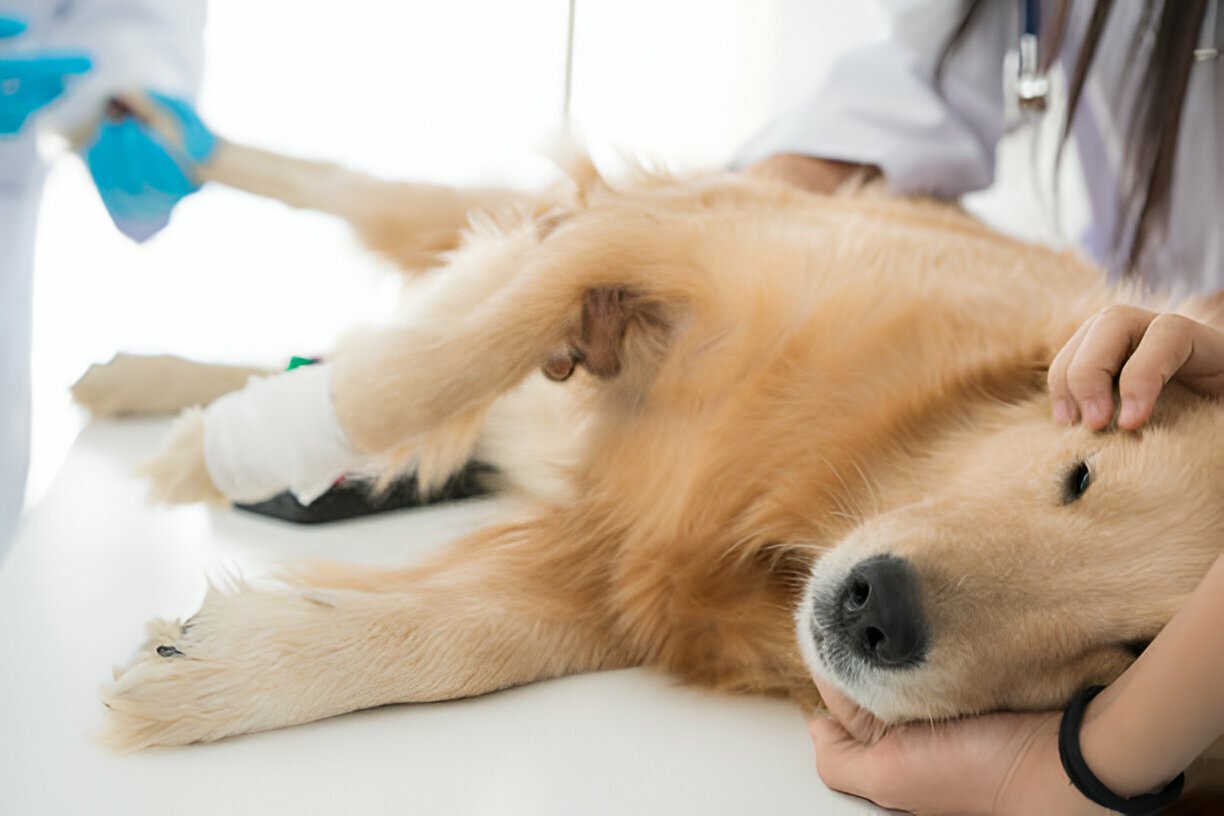Neutering your dog is a significant decision in pet ownership. Not only does it help control the pet population, but it also has several health and behavioral benefits. However, knowing when it’s time to neuter your dog can sometimes be a challenge. In this article, we’ll discuss some signs that indicate your dog may need to be neutered.
Understanding Neutering
Before diving into the signs, let’s briefly understand what neutering entails. Neutering, also known as castration, is the surgical removal of a male dog’s testicles. This procedure prevents the dog from reproducing and can have positive effects on their health and behavior.
Signs your dog needs to be neutered
Physical Signs
Excessive Mounting
One of the most noticeable signs that your dog may need to be neutered is excessive mounting behavior. While mounting can be a normal behavior in dogs, especially during play, if it becomes excessive or directed towards people or objects, it may indicate hormonal imbalances that neutering can help address.
Roaming Behavior
Unneutered male dogs are more likely to exhibit roaming behavior, especially when they detect a female in heat. If your dog constantly tries to escape or roam the neighborhood, it could be a sign that they need to be neutered to reduce their urge to search for mates.
Enlarged Testicles
Another physical sign that your dog may need to be neutered is enlarged testicles. Unneutered male dogs typically have larger testicles, and if you notice a significant increase in size, it may be time to consider neutering.
Behavioral Signs
Aggression
Unneutered male dogs are more prone to aggression, especially towards other male dogs. If your dog displays aggressive behavior, such as growling, snapping, or fighting with other dogs, neutering may help reduce these tendencies.
Marking Territory
Marking territory is a common behavior in unneutered male dogs. They may urinate on objects or areas to establish their dominance and territory. Neutering can help reduce this behavior and make your dog less inclined to mark their territory indoors and outdoors.
Excessive Urination
If your dog frequently urinates in the house or exhibits an increased frequency of urination, it could be a sign of hormonal imbalances associated with being unneutered. Neutering can help regulate hormone levels and reduce excessive urination.

When to Neuter
The decision of when to neuter your dog depends on various factors, including their age and overall health. It’s essential to consult with your veterinarian to determine the best time for the procedure. In general, most veterinarians recommend neutering male dogs between six and nine months of age.
Consulting a Veterinarian
Before making any decisions about neutering your dog, it’s crucial to consult with a veterinarian. They can provide personalized advice based on your dog’s breed, age, and health status. Additionally, they can address any concerns or questions you may have about the procedure.
Neutering Process
The neutering process involves a surgical procedure performed by a veterinarian under general anesthesia. During the procedure, the veterinarian will remove the dog’s testicles through a small incision in the scrotum. The recovery period typically lasts a few days to a week, during which the dog may need to rest and avoid strenuous activity.
Benefits of Neutering
Neutering offers several benefits for male dogs, including reduced risk of certain health issues such as testicular cancer and prostate problems. Additionally, it can help curb unwanted behaviors such as roaming, aggression, and marking territory, making your dog easier to manage and less likely to engage in problematic behaviors.
Common Myths About Neutering
Despite the numerous benefits of neutering, there are still some misconceptions surrounding the procedure. Common myths include the belief that neutering will make dogs less masculine or that it will cause them to gain weight. In reality, neutering has minimal impact on a dog’s masculinity and can actually help prevent weight gain by reducing hormonal fluctuations.
Conclusion
Recognizing the signs that your dog needs to be neutered is an essential part of responsible pet ownership. By addressing these signs and consulting with a veterinarian, you can make informed decisions about your dog’s health and well-being. Neutering not only helps control the pet population but also provides numerous health and behavioral benefits for your furry friend.
FAQs
- What is the ideal age to neuter a dog? The ideal age to neuter a dog is typically between six and nine months, but it can vary depending on the dog’s breed and overall health.
- Will neutering affect my dog’s behavior? Neutering can help reduce certain behaviors such as aggression, marking territory, and roaming, making your dog easier to manage.
- How long does it take for a dog to recover from neutering? The recovery period for neutering typically lasts a few days to a week, during which the dog may need to rest and avoid strenuous activity.
- Can neutering prevent health issues in dogs? Neutering can reduce the risk of certain health issues in dogs, including testicular cancer and prostate problems.
- Are there any risks associated with neutering? While neutering is generally considered safe, there are some risks associated with any surgical procedure. It’s essential to discuss these risks with your veterinarian before proceeding.











